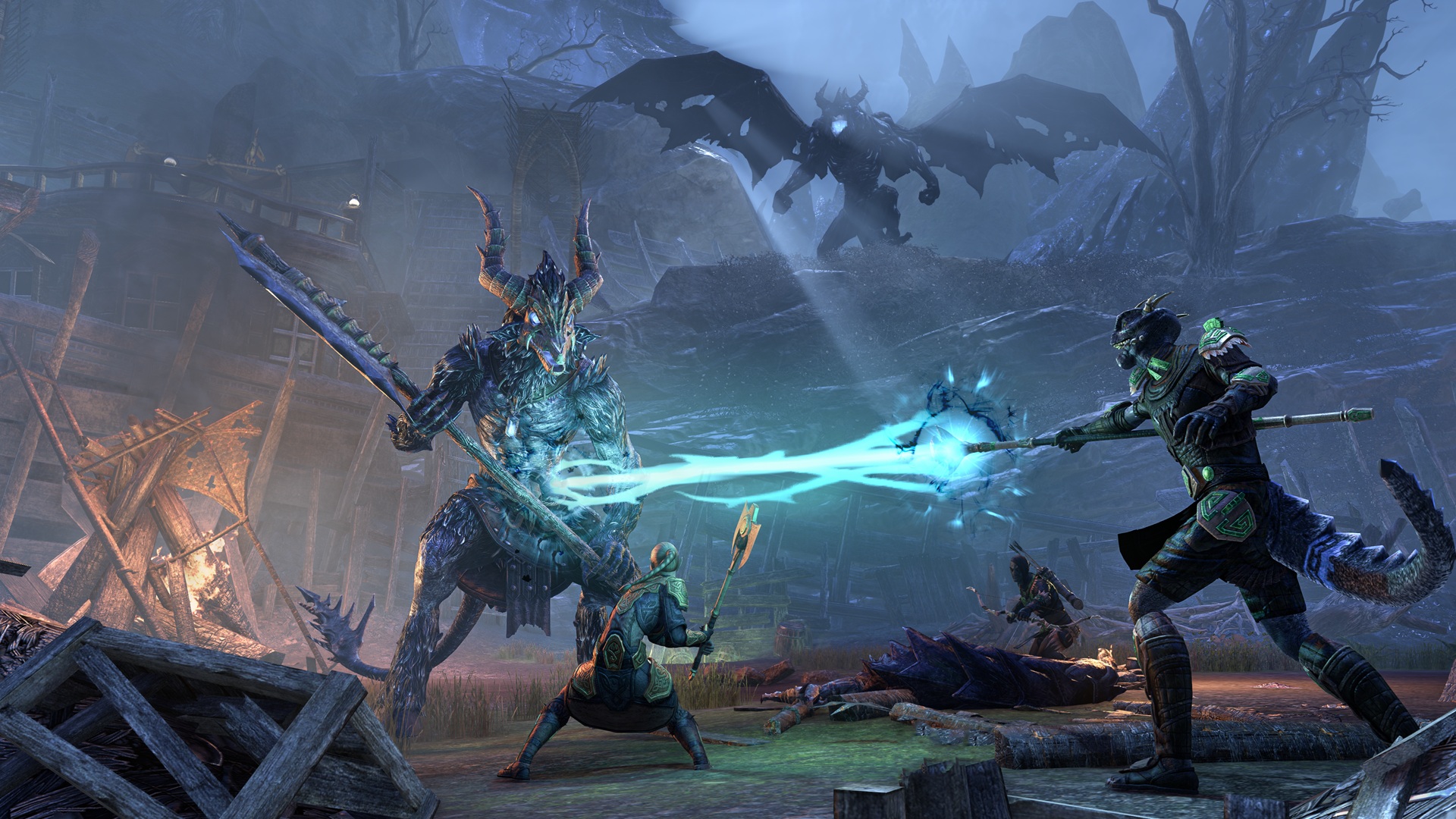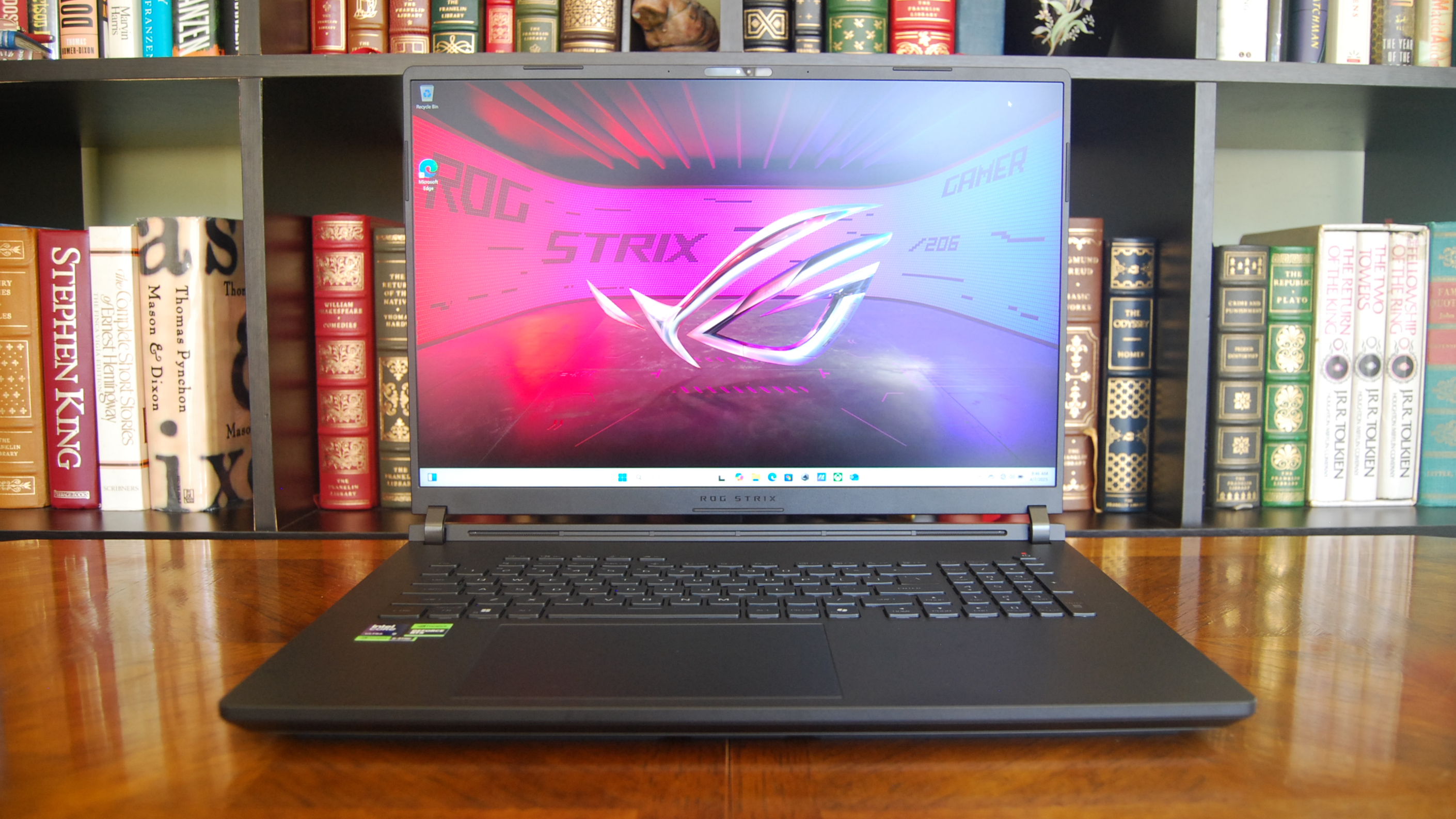When you purchase through links on our site, we may earn an affiliate commission.Heres how it works.
In case you didn’t know, I’m British.
It’s all because Google Stadia failed.
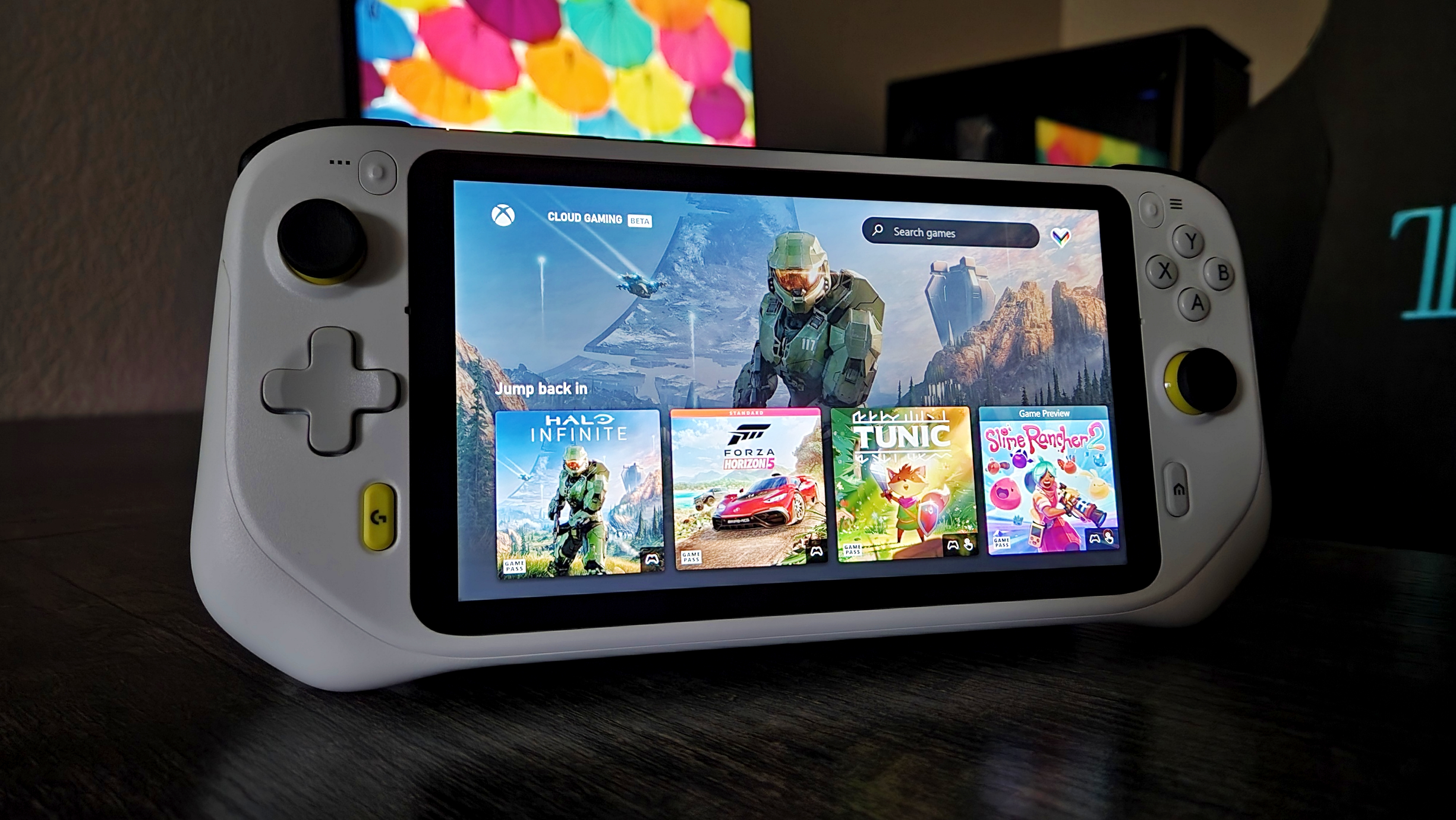
RIP Google Stadia.
Thanks, Phil Harrison.
But here’s the thing; Cloud gaming isn’t profitable.
It needs investment on a huge scale to make it what it promises to be.
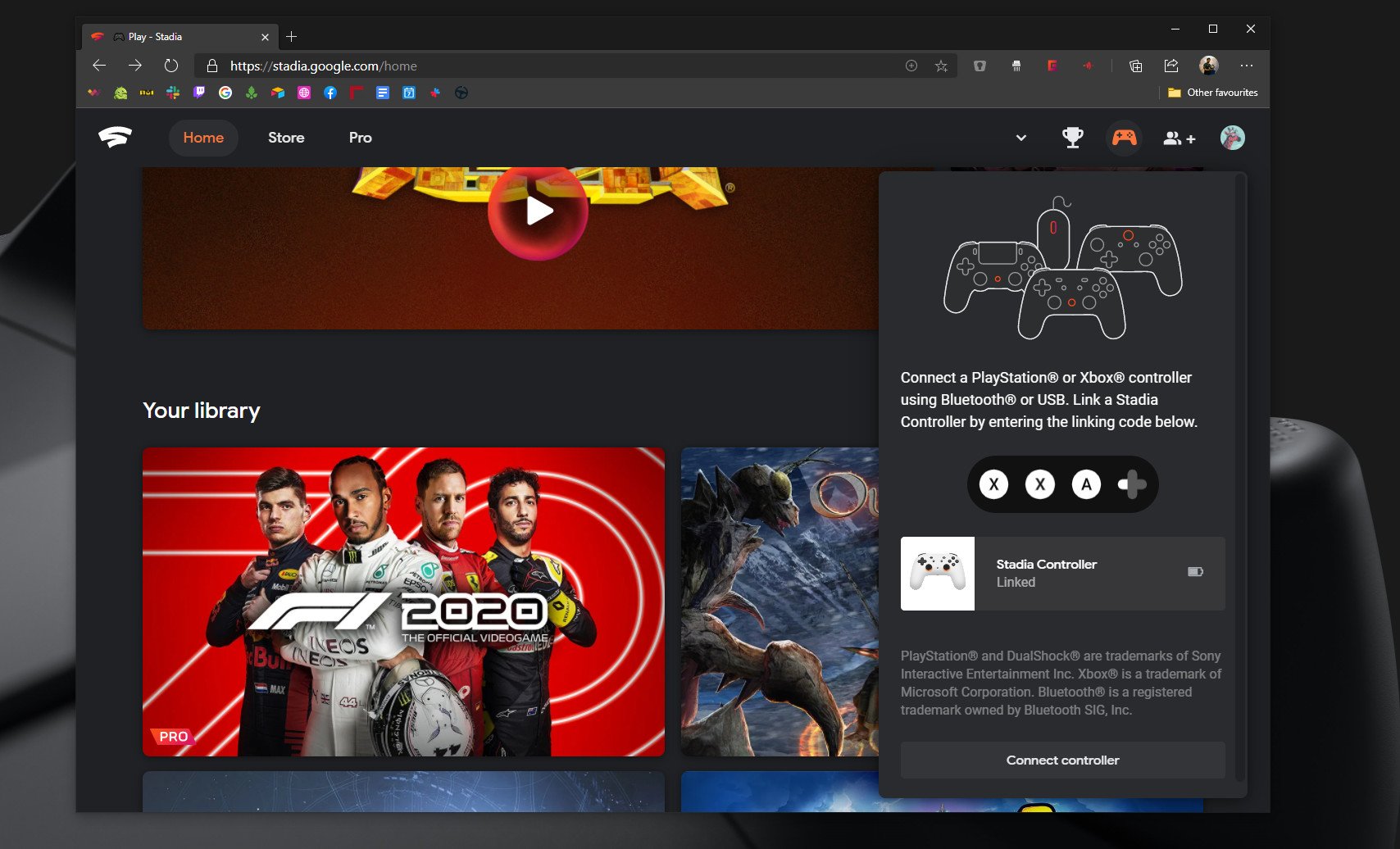
RIP Google Stadia.
And where is it now?
Oh yeah, it’s dead.
Admittedly, it was a very different business model to Microsoft’s.
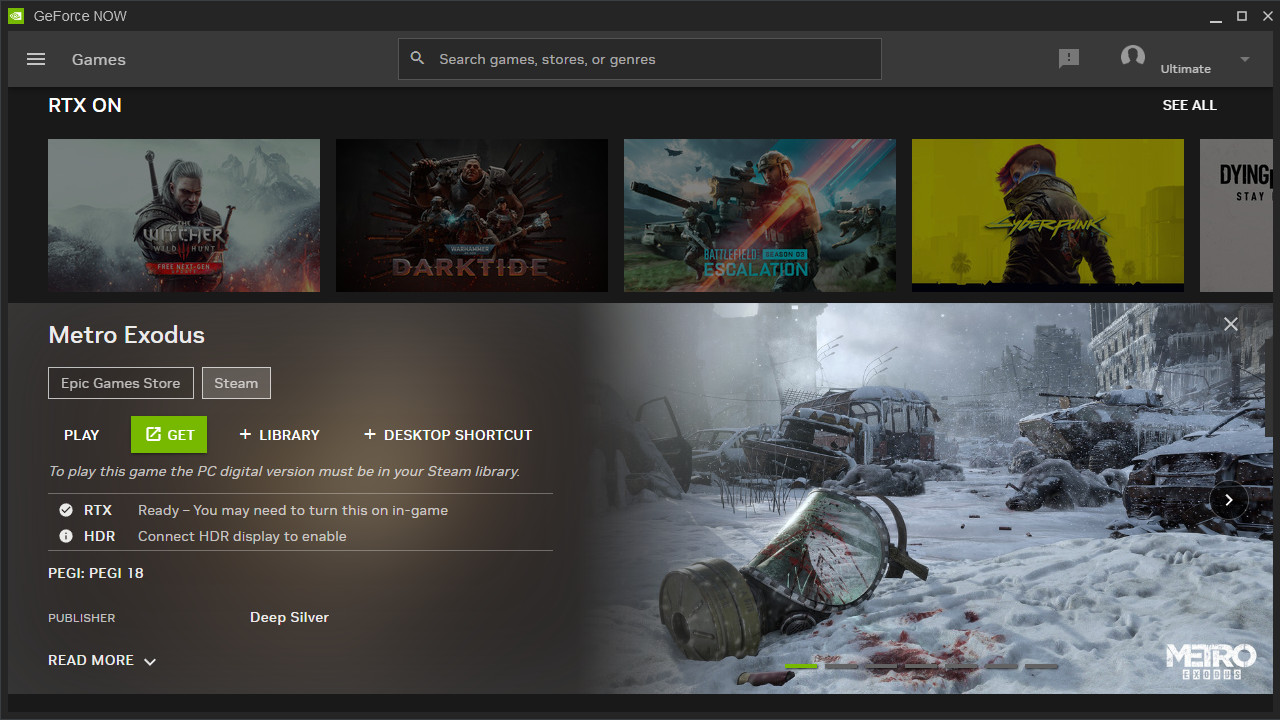
Will we see Call of Duty on GeForce Now in the end after all this?
Microsoft has advantages Google did not.
Without the games, there’s no reason to play.
Microsoft wants people to play games through the cloud.
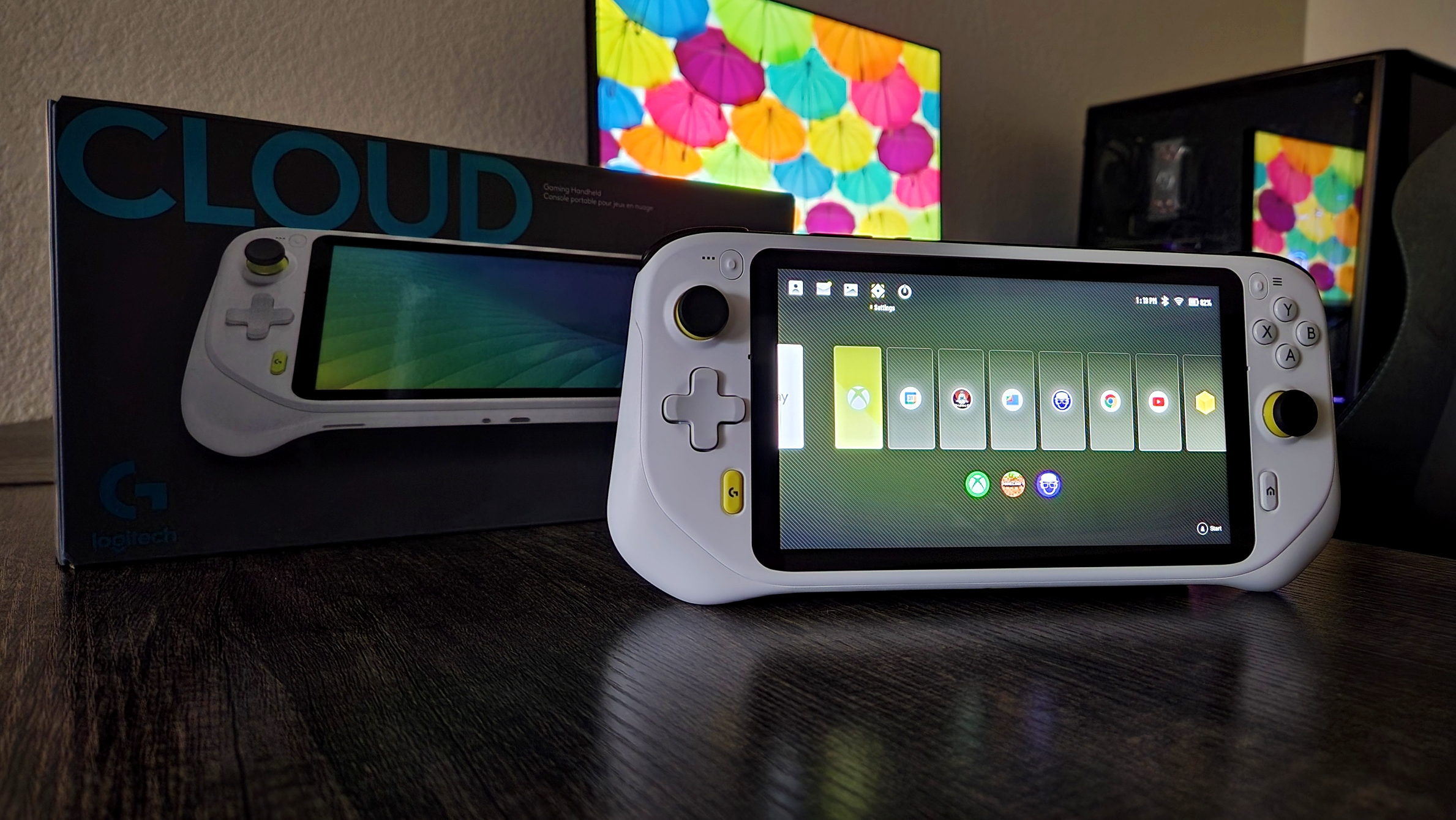
The block is a step back, not forward for cloud gaming.
Nuh uh, you’re going to have too much power!
Power over what, exactly?
Cloud gaming is an emerging market.
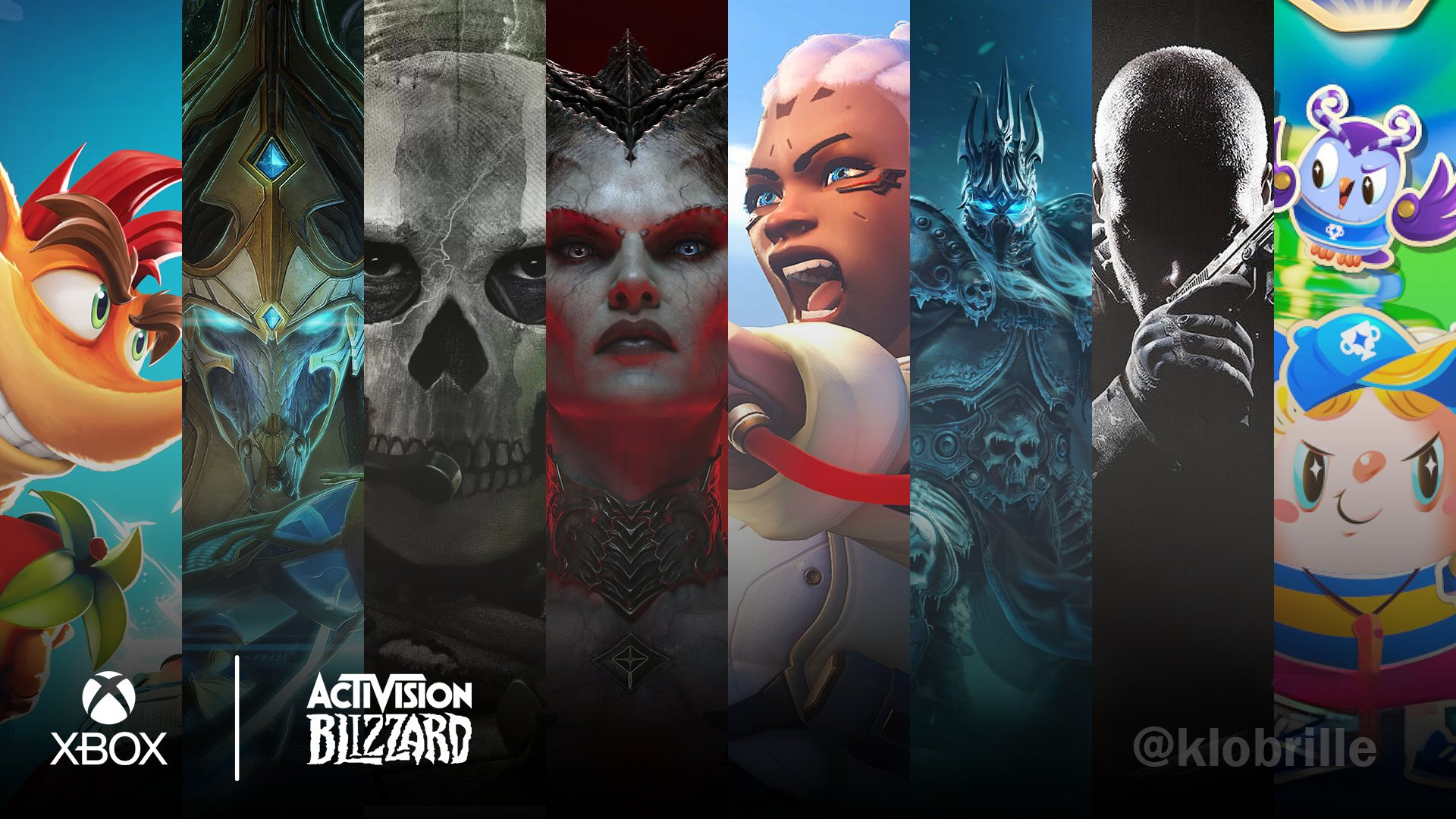
Harming investment in it will see to it it stays emerging for longer.
Microsoft will work with others, so what’s the problem?
Did the company want to ink deals with NVIDIA to put Activision and Xbox titles on GeForce Now?
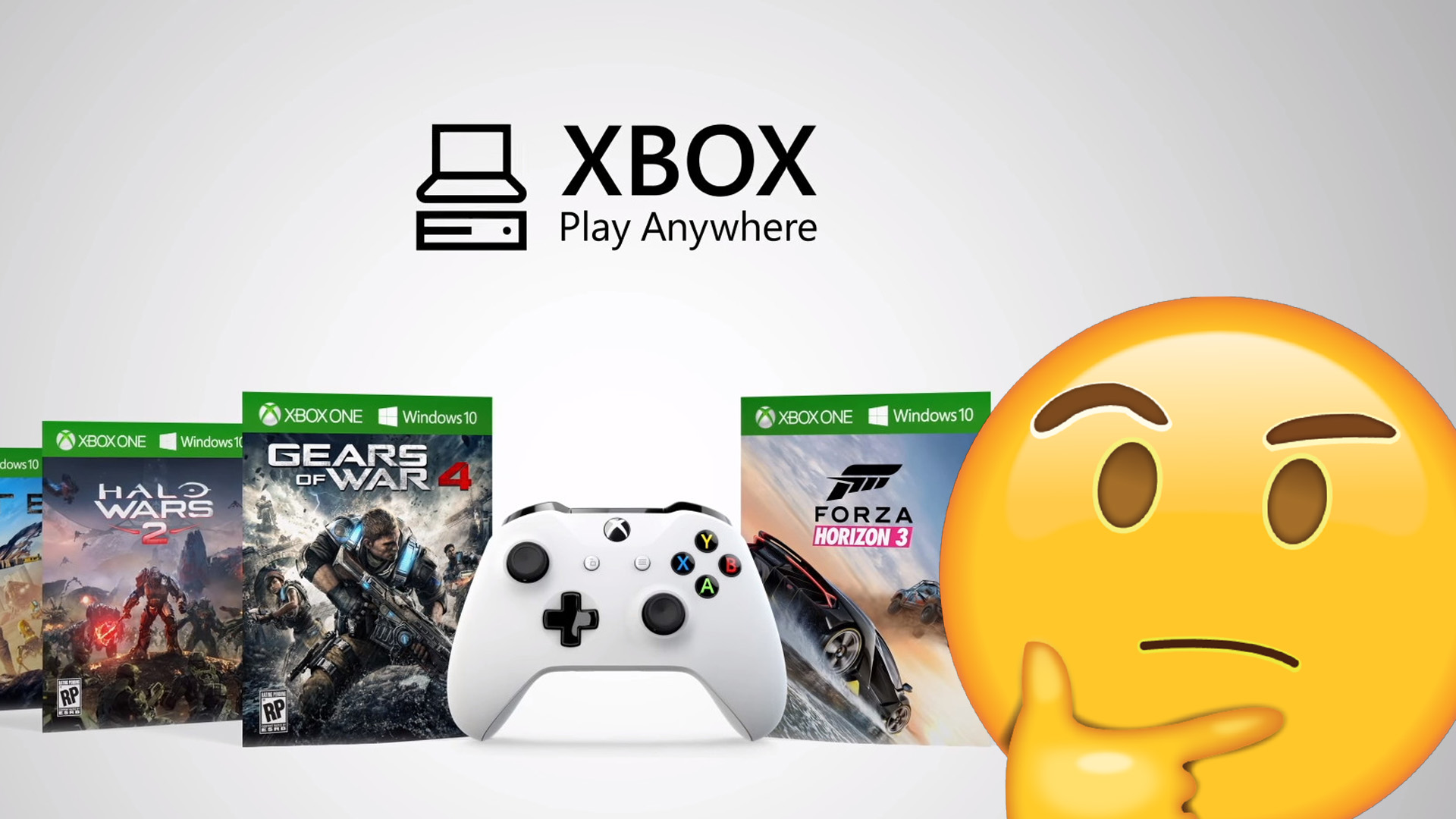
Probably not, but the politics doesn’t matter.
What matters is that there was an agreement put in place.
If Stadia still existed, maybe we’d have seen something similar there, too?
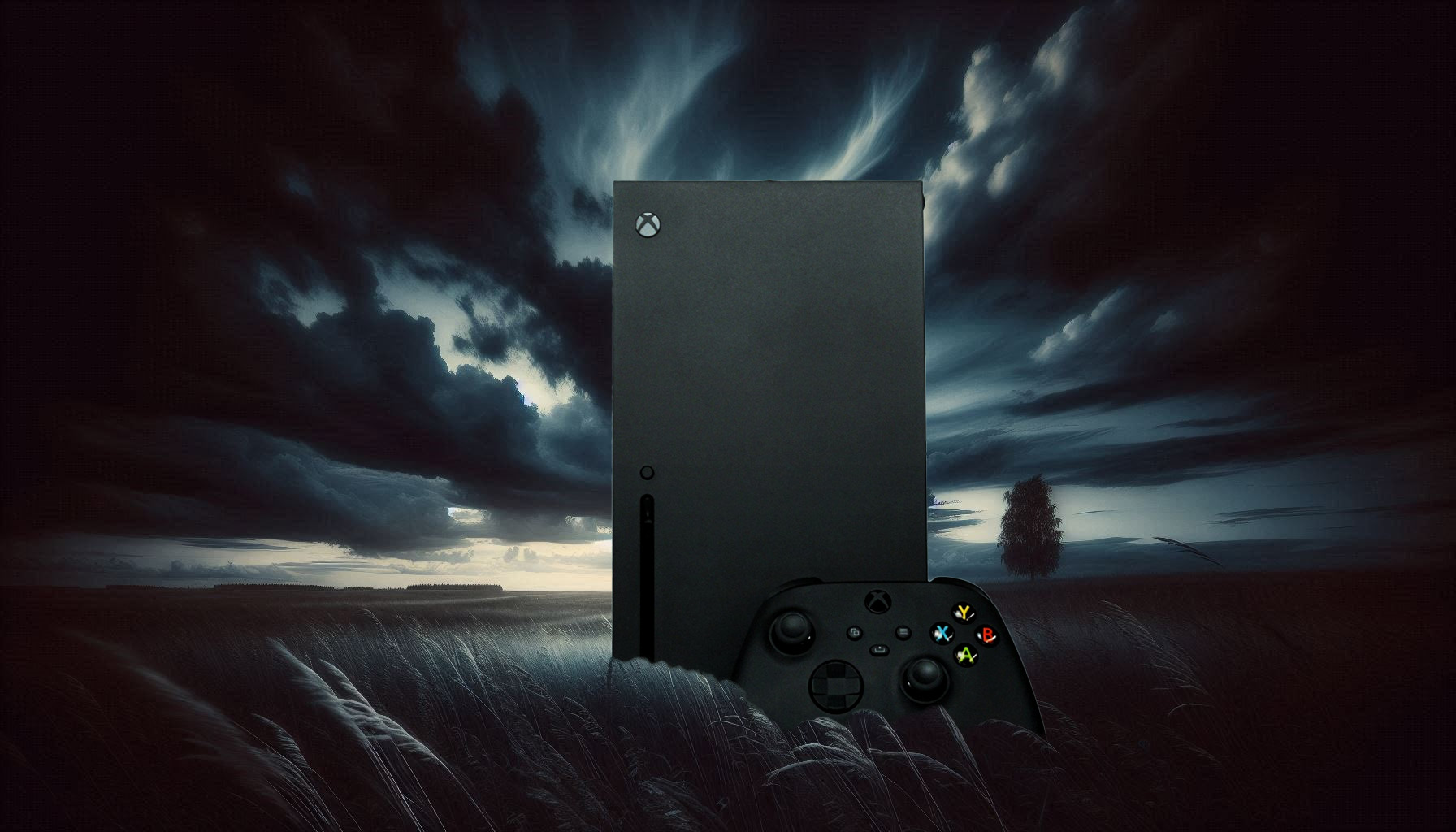
I just don’t buy it.
Amazon Luna is alright, but it’s still only available in a small handful of countries.
Microsoft has also been happy to keep working with Sony throughout this whole ridiculous process.
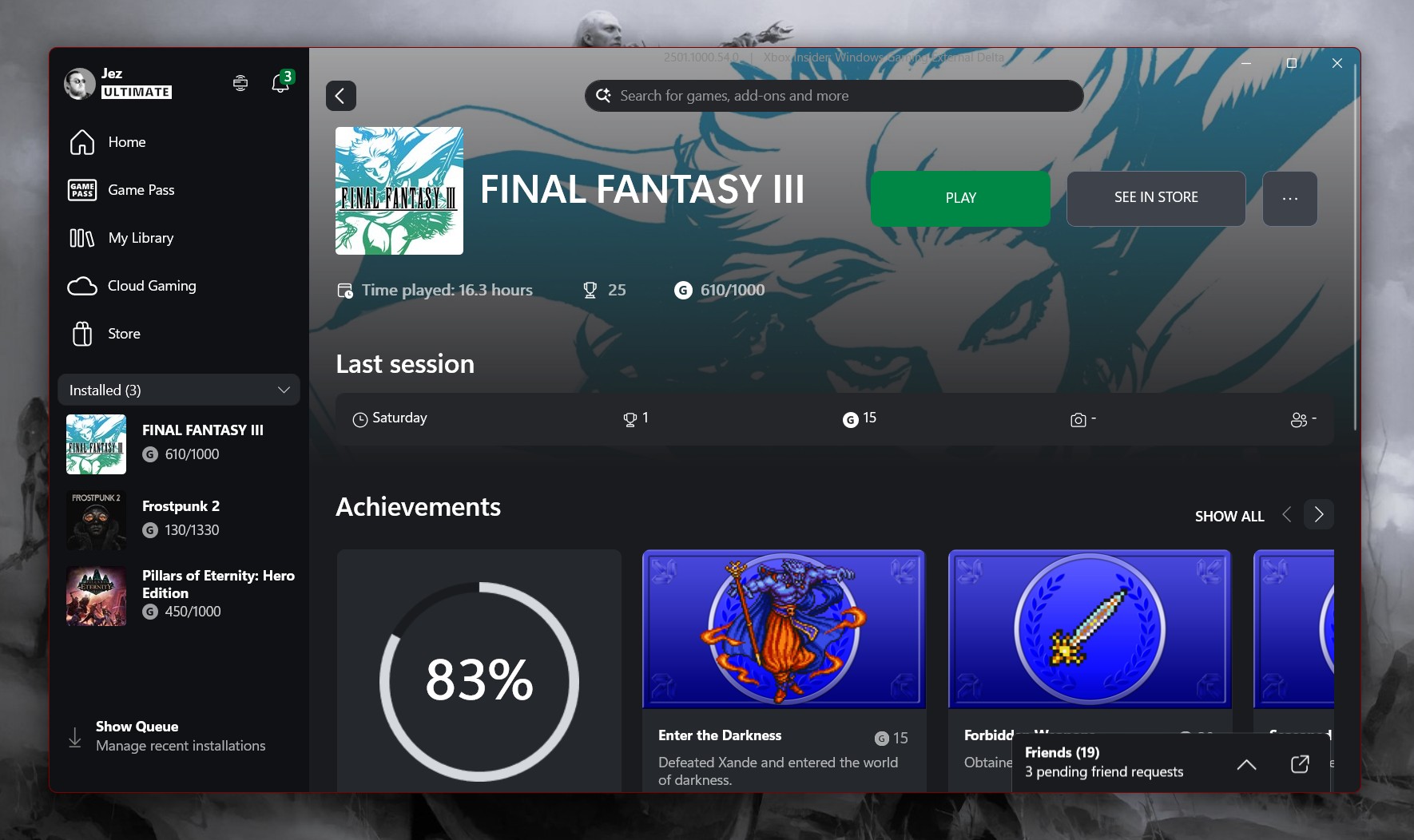
Know what Microsoft likes doing?
What you might not get is Call of Duty on the latter.
Or the Nintendo Switch.

And will Microsoft continue its commitment to put its own games on competing cloud platforms?
How is that in the best interests of consumers?
But that doesn’t interest me.

What interests me is commitments to get more games into the hands of more gamers.
The CMA is supposed to protect against consumers.
I get that, but do they?
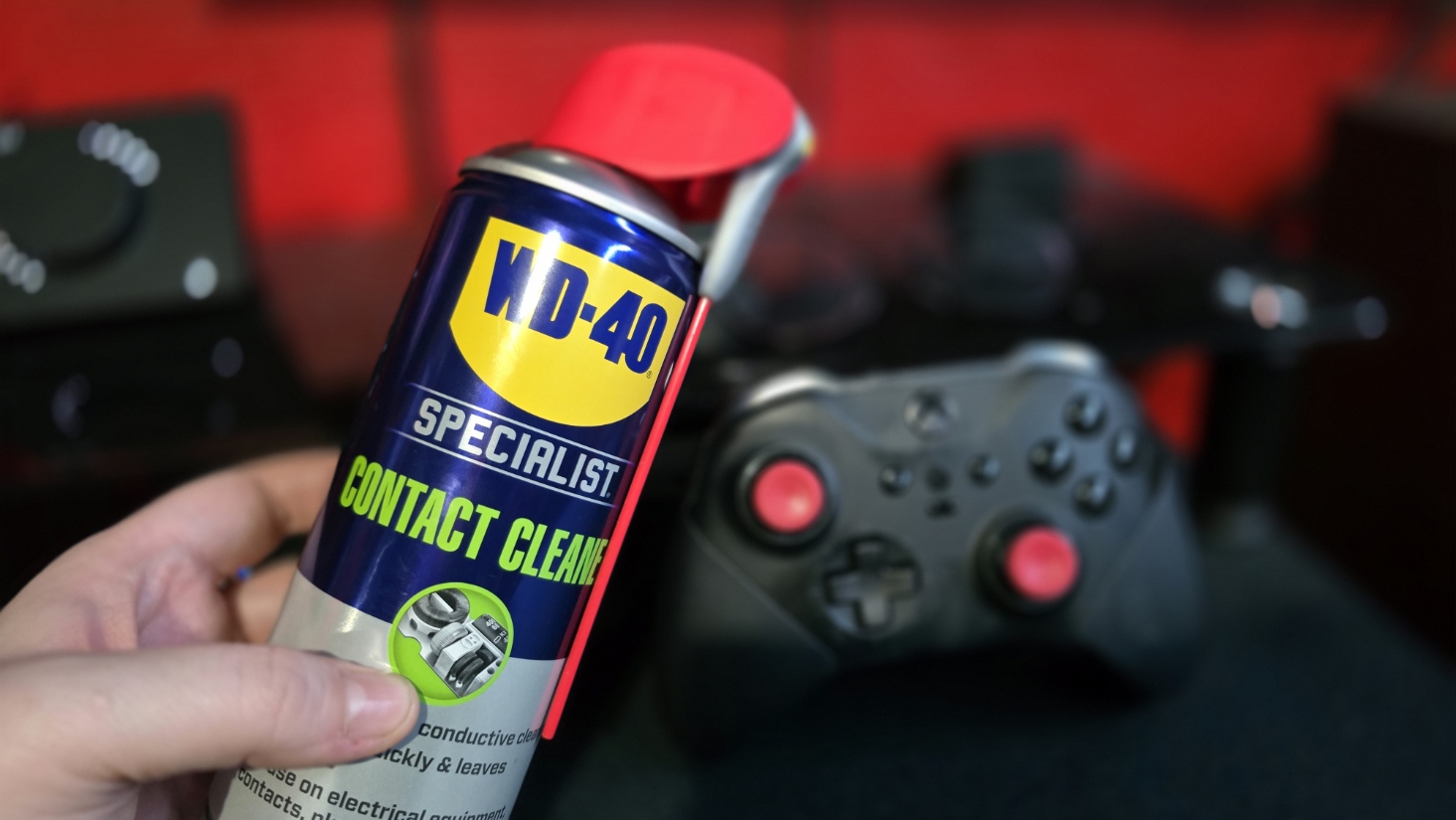
This isn’t stopping Microsoft dominating cloud gaming.
It’s making it more likely that less of us will be able to enjoy these games.


